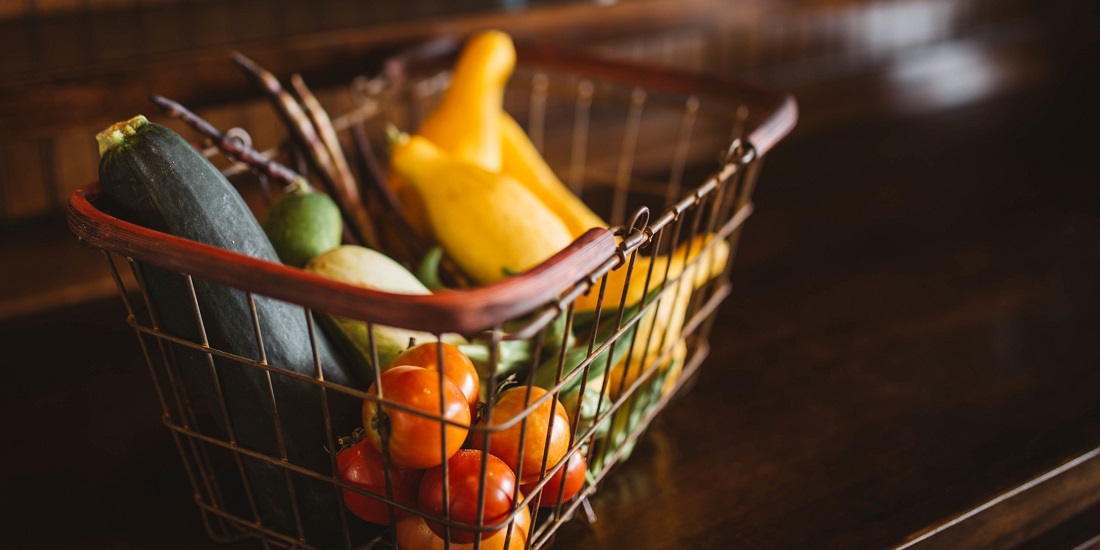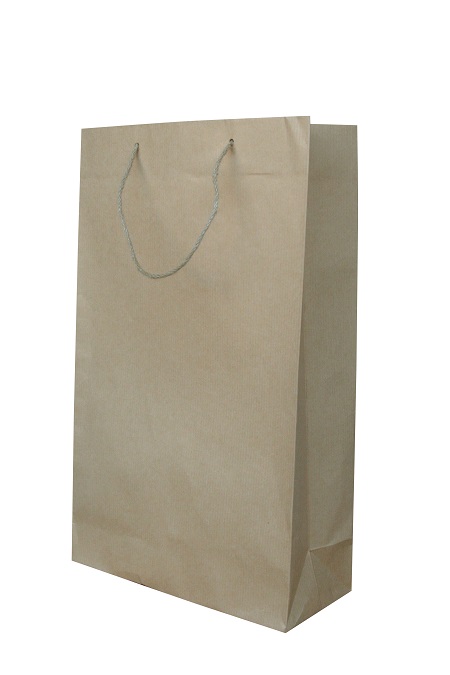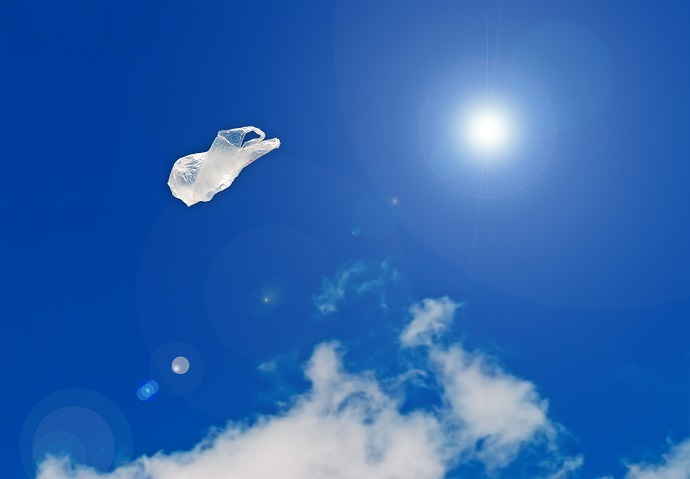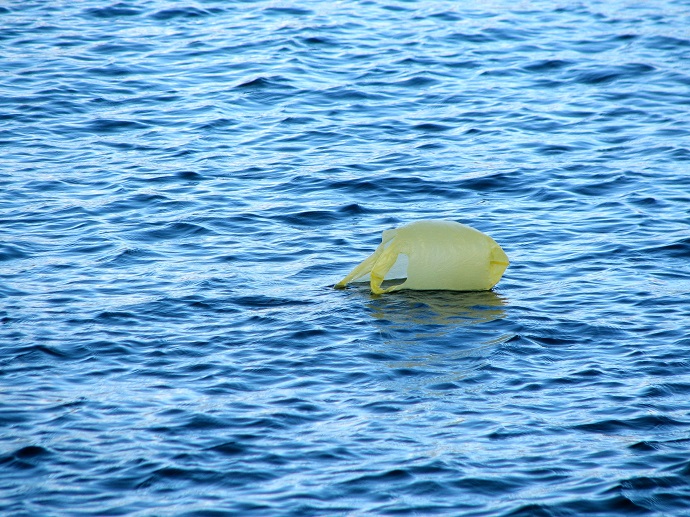How Green is Your Reusable Grocery Bag?

We all end up going to grocery store more often than we like. It can be a tedious experience (especially if you end up there for what seems like the 20th time that week), but a necessary one. Whether it be for a big monthly shopping trip or to get one gallon of milk, we will all be there. But every time we go, we are asked the same question. Paper or plastic? Or what hazardous material would you like to drag home your groceries in? But are they really that bad for the environment? Maybe they are, so now you are doing your part and have decided to go green. You jumped on the bandwagon and bought reusable bags. The visits are still tedious, but at least now you can feel good about yourself. Or can you? All three types, paper, plastic, and reusable, have their positives and negatives. But which one is best?

Paper is obviously made from trees but with widespread use an environmental movement was started to end the mass deforestation it took to make these bags. Small steps were taken to try and reduce paper bag use. It worked and plastic became vastly more popular. However, paper is known to be more recyclable and because of this widespread belief, it is recycled more. Paper is difficult though because it does not last long and it falls apart easily. Forget about them in the rain and don’t even think about reusing them. Also on the negative side, paper bags are heavy and typically require virgin trees to make. The manufacturing of paper bags is extremely resource extensive requiring more raw materials, energy, labor, and water.
Paper was the number one, and only, choice for grocery shoppers until the 1970’s when the save the trees movement started. This overhaul is what gave us the invention of the plastic bag. Plastic bags without a doubt have a much less harmful manufacturing system. They are actually made by natural gas extraction and their production provides an environmental solution to the burn off of natural gas. Plastic bags are made from ethane gas, a natural gas, which is burned off in factories to become less hot so we can use it as fuel in our homes. The burned off ethane is conserved, captured, and frozen before it goes off into the atmosphere. It is actually a really neat process when you think about it.

Plastic bags were touted as more environmentally friendly, which they are, and replaced paper as the go-to choice for most shoppers. Today, they are absolutely everywhere. According to the Earth Policy Institute, one trillion bags are used worldwide each year. That is two million a minute. In China alone, with a population of 1.3 billion people, they use three billion bags a day. In comparison, the United States went through 100 billion bags in one year. In addition to holding groceries, plastic bags have many advantages. They have a high level of reuse and many people use them for small trashcans in their homes such as in their bathrooms or in their kitchen for smaller items. Plastic bags are also very recyclable but that knowledge is not as widespread so most of them end up in the trash living out their days in a landfill. In landfills, plastic bags will take 500 years to biodegrade. If they don’t end up in a landfill, they end up in the ocean. It is estimated that every square mile of ocean has 46,000 pieces of plastic in it. 90% of plastic bags will simply be thrown away. Only .5%-3% of plastic bags will end up being recycled.

These facts seem a little scary which is why the most recent green movement has been pushing reusable bags for year now. But there are many disadvantages to this supposedly green item.
They have to be produced and they are done so in factories that will produce greenhouse gases into the environment. This will also use both raw materials and energy. And sadly enough, most of these bags are produced overseas so the transportation alone uses significant amounts of gas/fuel and more energy. Sadly enough, many of these bags aren’t even made from recyclable materials.
They cannot be reused for trash either, and when people end up buying small plastic bags for their dog’s poop or their bathrooms, it will defeat the purpose of reusable bags. With all of these factors some could argue that plastic bags and reusable bags are completely even when it comes to production, use, and impact. Also keep in mind that in order for the reusable bag to do what it is supposed to do, you need to use it. Many have a lifelong habit of strolling carefree into a store and have a hard time even remembering to bring in their own bags. Additionally, considering the consumption of materials, production, and transportation to get the bags here, you will have to use your cotton bag every day for a year, or your canvas tote 171 times, to offset the environmental impact of one plastic bag. Not too impressive.
Based on these facts, for the pure raw material consumption, lack of reuse, and the heaviness of the paper bag (leading to more energy use and issues for trash disposal), perhaps paper bags should be banned instead of the current witch hunt on plastic. Plastic bags have a much lower environmental impact, high rates of reuse, and recycle very well. Reusable bags have a very high hidden rate of production and energy and only make a small difference in use. Plastic is the clear winner in this equation, as long as you are careful to reuse, and then recycle when possible. Even better, choose and find biodegradable plastic bags or keep your reusable bags with you in the car. Don’t feel bad for using plastic, it really is the only current choice, but we hope for an even better one in the future.
Sources:
https://sustainabilitybox.com/15-year-old-filipino-genius-invents-biodegradable-plastic-bags/
http://www.npr.org/templates/story/story.php?storyId=111672574
http://www.opb.org/news/blog/ecotrope/reusable-bags-only-superior-to-plastic-if-you-reuse-them-a-lot/
http://www.reuseit.com/facts-and-myths/learn-more-facts-about-the-plastic-bag-pandemic.htm
http://www.allaboutbags.ca/papervplastic.html